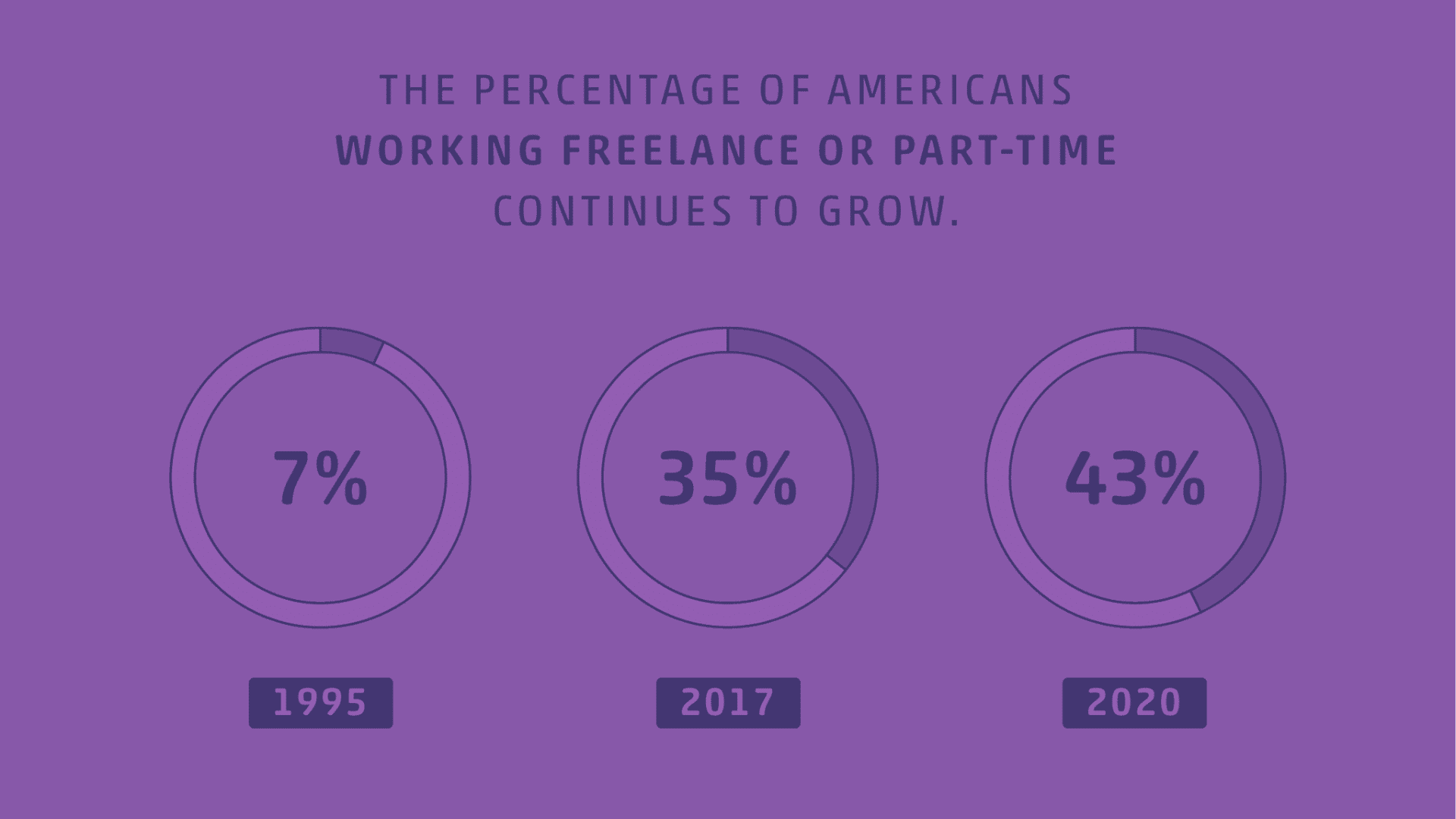
Stay Ahead of the Game with Ongoing Customer Feedback
February 28, 2023
5 Tips for Creating Engaging Screen Recordings That Resonate with Your Audience
March 29, 2023
Stay Ahead of the Game with Ongoing Customer Feedback
February 28, 2023
5 Tips for Creating Engaging Screen Recordings That Resonate with Your Audience
March 29, 2023
Side Gig Economy
The Gig Economy: Navigating the Benefits and Challenges of the New World of Work
The way people work is changing, and the rise of the gig economy is at the forefront of this transformation. With the growth of the digital economy, more and more people are choosing to work on a freelance or contract basis. In fact, according to a report by Upwork, 36% of the U.S. workforce was freelancing in 2020, and this number is only expected to grow in the coming years.
The gig economy is made up of individuals who work on a project-by-project basis rather than holding down a traditional nine-to-five job. This can include anything from driving for Uber or delivering food for DoorDash to freelancing as a graphic designer or web developer.
Pros and Cons
One of the biggest advantages of the gig economy is its flexibility. Gig workers can set their own hours and choose which projects they want to take on. This allows them to prioritize their personal lives while still earning a living. It also allows employers to tap into a larger pool of talent, and only pay for work when it is needed.
However, the gig economy also presents challenges. For gig workers, there is no guaranteed income or job security. They must constantly hustle for new projects, and may not have access to benefits such as health insurance or retirement savings. For employers, managing a team of gig workers can be challenging, as they are not always available when needed and may not be as invested in the company's goals as traditional employees.
The New Reality
Despite these challenges, the gig economy is here to stay, and both workers and employers need to adapt to this new reality. For workers, this means developing a strong personal brand, networking, and constantly updating their skills. They should also consider setting up a retirement savings plan and investing in their own health insurance. For employers, this means developing systems to manage gig workers effectively, and ensuring that they are treated fairly and paid on time.
There are also policy implications to consider. As the gig economy continues to grow, governments and lawmakers will need to address issues such as worker classification and access to benefits. There is currently a debate in the United States over whether gig workers should be classified as employees or independent contractors, which has implications for their access to benefits such as unemployment insurance.
The gig economy is a powerful force that is transforming the way we work. While it presents challenges for both workers and employers, it also offers flexibility and access to a larger pool of talent. By preparing for the inevitable future of the gig economy, we can ensure that everyone is able to thrive in this new era of work.

